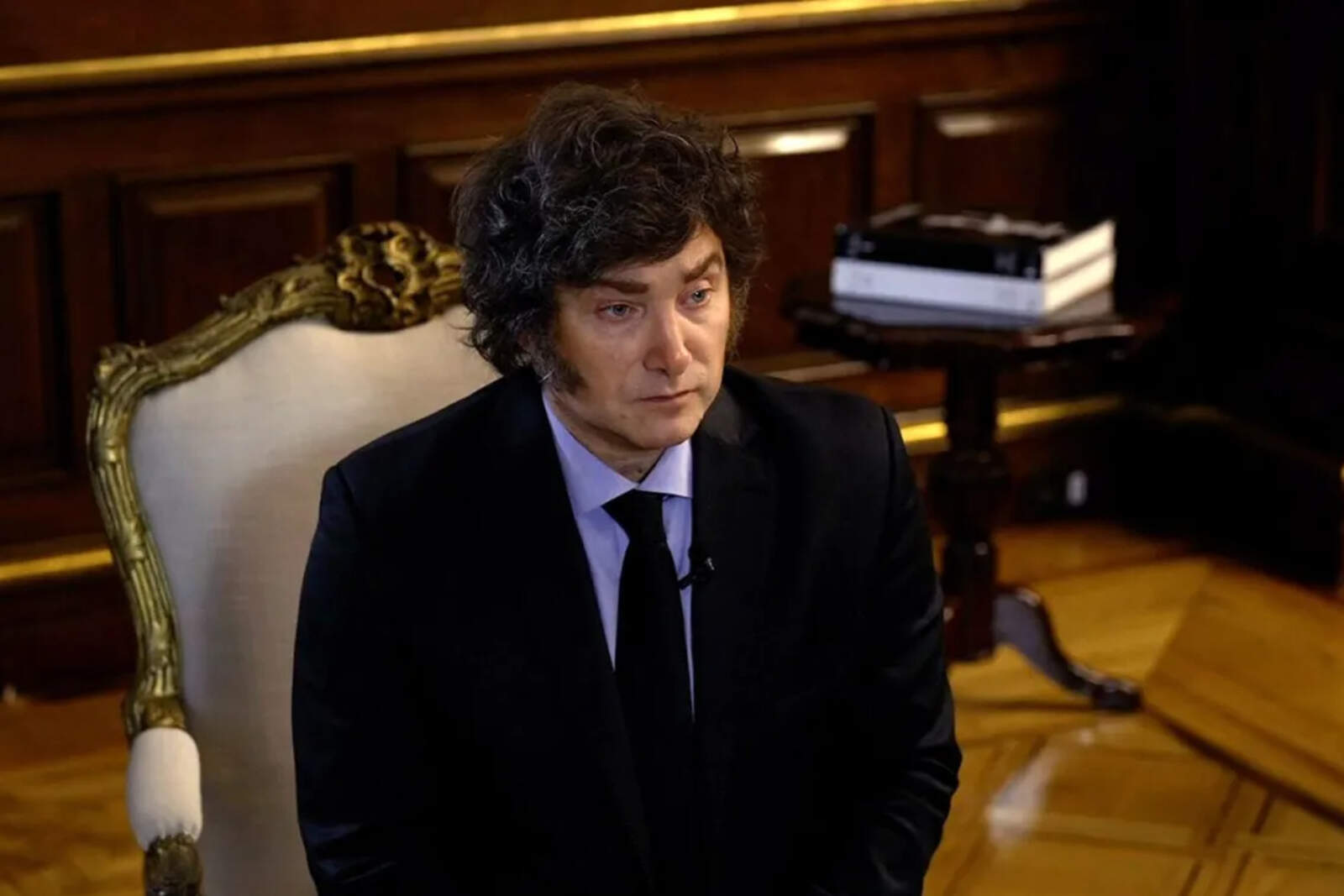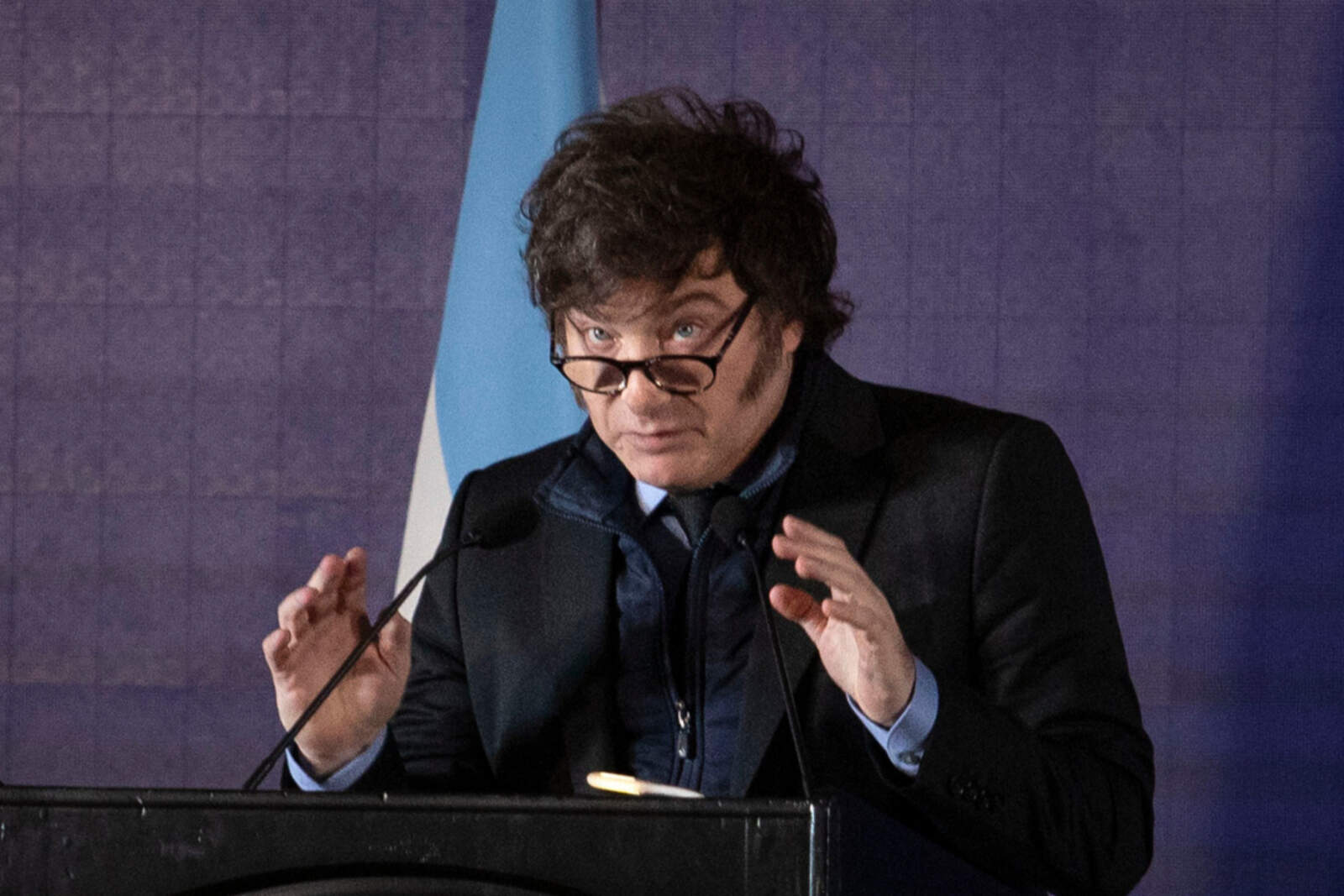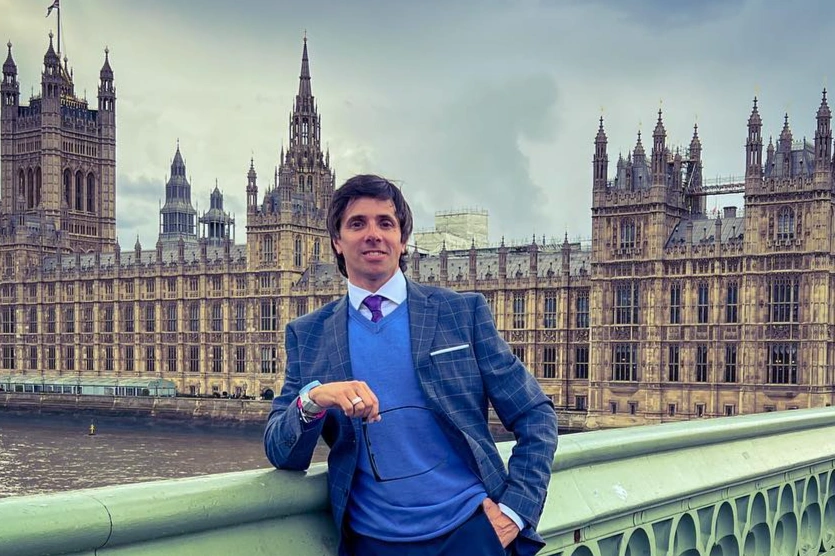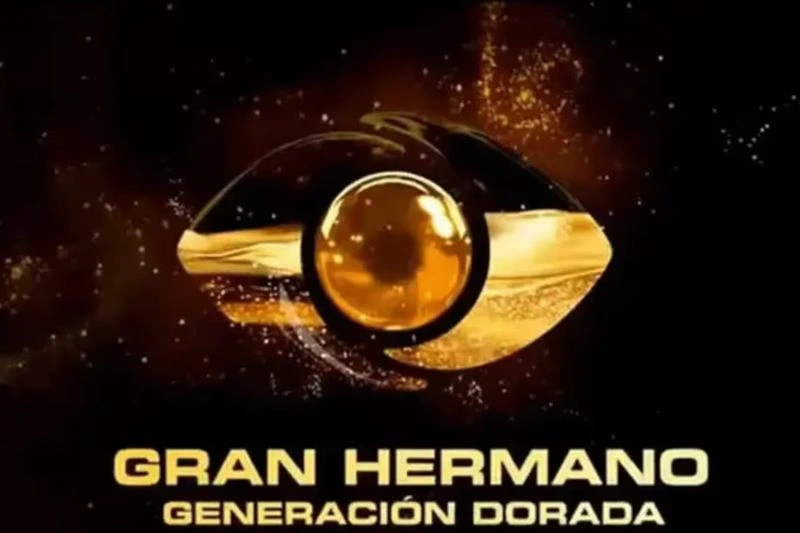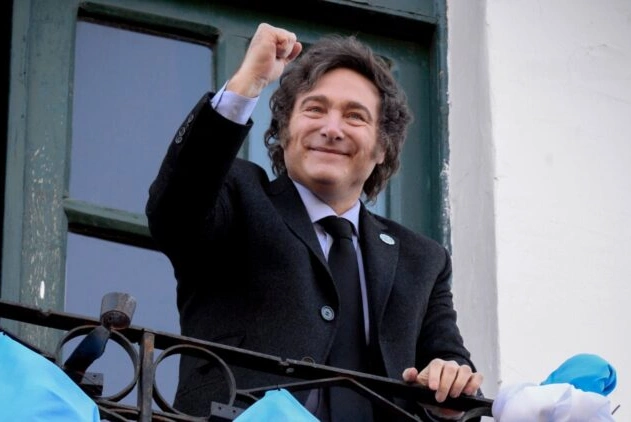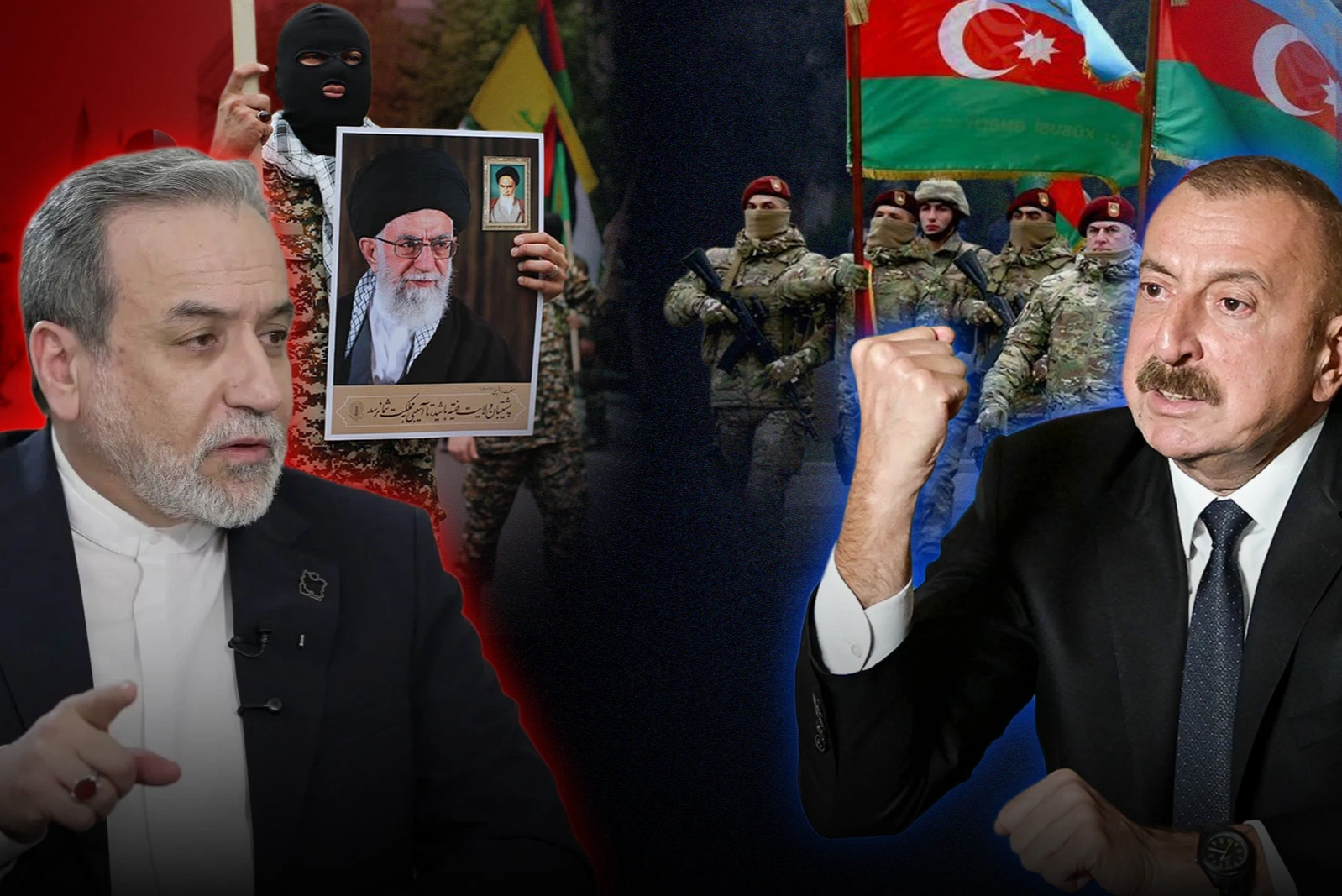President Javier Milei expressed a stance on immigration and its impact on the societies that receive it, clearly distinguishing "immigration" from what he described as an "invasion".
In an interview given last Friday at Casa Rosada to liberal Louis Sarkozy, son of former French president Nicolas Sarkozy, the Argentine president differentiated between immigrants who integrate into the local culture and those who do not.
"There is a significant issue with immigration, and it is whether the immigrant adapts to the culture in which you are living. If they adapt, there is no problem. The problem is that if they do not adapt to your culture, then it is an invasion; that is the difference," Milei stated during the conversation.
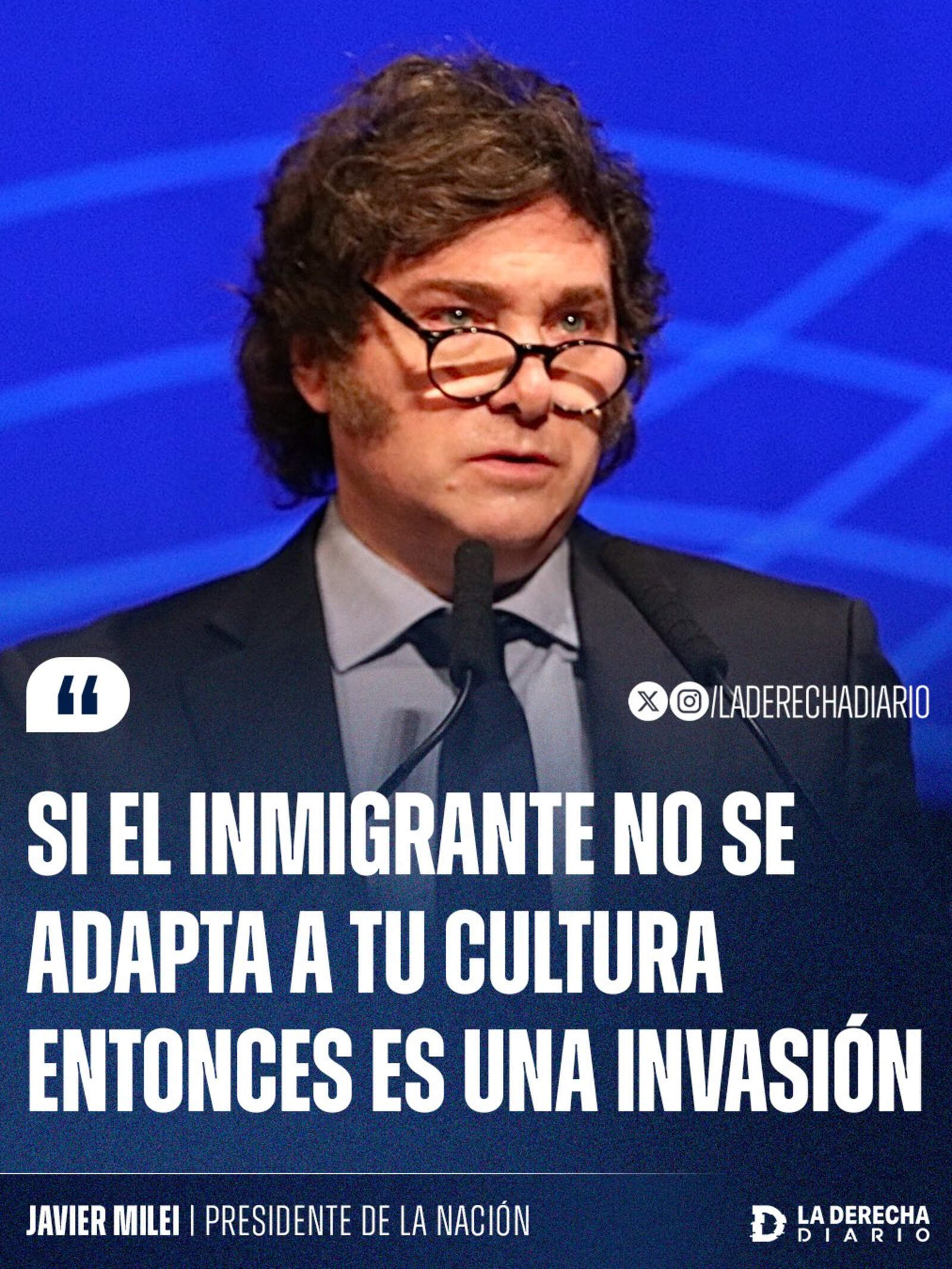
Milei illustrated his position with a hypothetical case: "If you were in a neighborhood where 100 people live and 300 arrive with completely different ideas, and you grant them equal rights, in a vote they could change your cultural foundation. It is a less violent invasion, but it is still an invasion."
